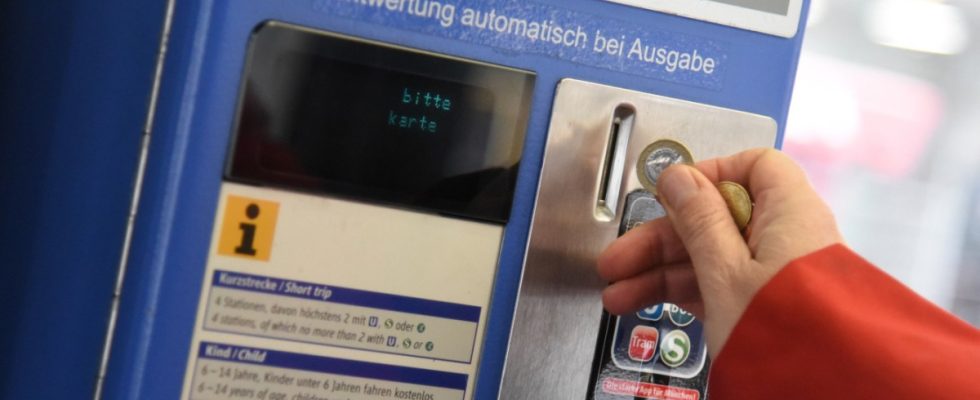There always have to be some differences, otherwise it wouldn’t be possible to tell them apart. And at the moment hardly anything seems to be more important in Bavaria than keeping the city and the country apart. So differences urgently need to be made there too – be it any dietary habits, even if you have to cut the differences out of your own ribs if necessary or even carve them out of your fat belt.
But it’s not easy either. After all, there are officially 317 cities in Bavaria, spread across the entire country. The smallest town is Rothenfels in Lower Franconia, which has around 1,000 inhabitants and, in terms of the town hall, is a member of the Marktheidenfeld administrative community with eight other municipalities, but not even the seat. At the same time, there are 25 independent cities and 29 so-called large district towns – for example, as large as Günzburg with less than 22,000 inhabitants, while the “capital town” in the Garmisch-Partenkirchen district prefers to remain a market town for tourism marketing reasons despite its 28,000 inhabitants . Because such a market is in the country.
In any case, official classifications are not enough for settlement geographers. They differentiate more according to population density, the proportion of forest and meadow, the proportion of single-family houses and the distance to the nearest center. The center is again relative. For some it’s pretty central if the supermarket has lots of parking spaces – and for others it’s only central if there are none at all. Speaking of mobility: Many city dwellers who once worked every weekday have long since become deeply rooted in their own home office. And at the folk festival, Bavaria is once again the whole country in all harmony.
If this country is supposed to be the opposite of a city, then this type of country has only existed since there were cities. And then the country would be about as old as the eternal debate about which is better, either here or there. And? It stays in flux. Anyone who grew up in an Upper Bavarian town with 5,000 inhabitants is already considered a “Stoderer” in the surrounding villages. Such an alleged city dweller can then help a person who despairs of all the urbanity at the MVV machine in the Moloch Munich. And anyone who also knows the autochthonous answer “God bless” to his “God bless” will be relieved to breathe a sigh of relief: “Mei, you’re from the country, right?”

